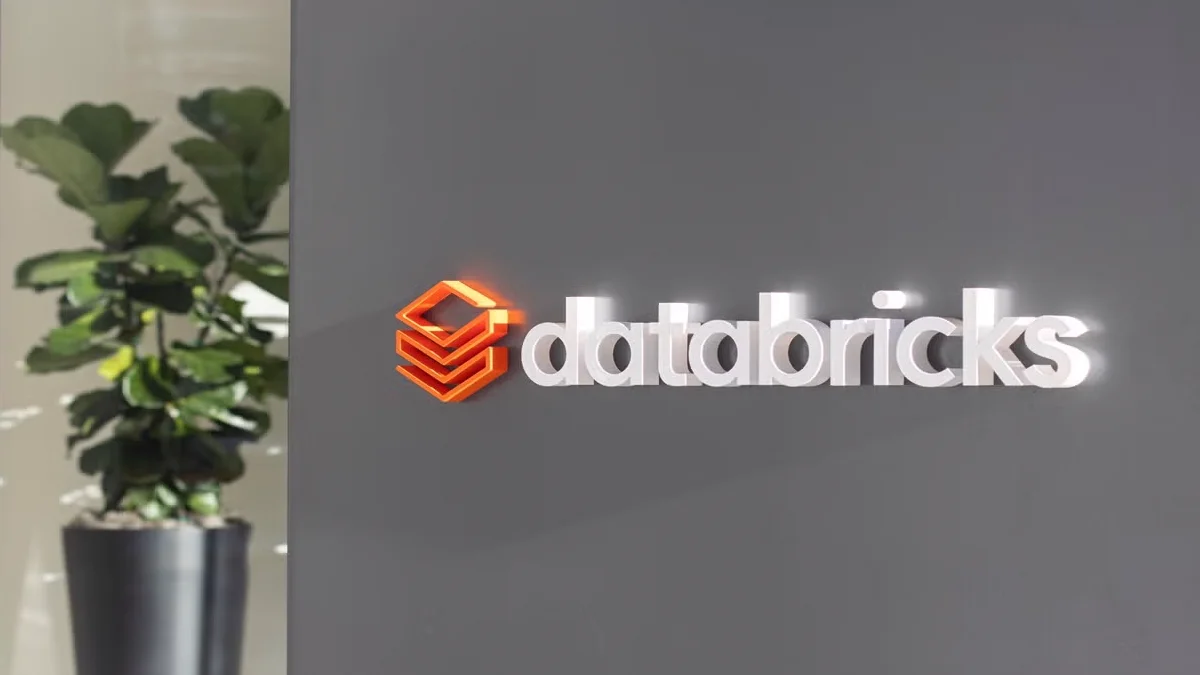Necessary Always Active
Necessary cookies are required to enable the basic features of this site, such as providing secure log-in or adjusting your consent preferences. These cookies do not store any personally identifiable data.
|
||||||
|
||||||
|
||||||
|

US data and AI company Databricks has introduced Agent Bricks, Verge has reported. Agent Bricks is an automated tool that facilitates the development of custom AI agents that address specific enterprise needs.
Agent Bricks’ functionality includes automated generation of task evaluations and creating synthetic data that reflects customer data. The Databricks AI tool also comes with detailed search that gives users access to a range of optimization techniques. Businesses can use the tool to select iterations that best balance cost and quality, which enables them to create production-ready AI agents that are capable of providing consistent outputs.
“Agent Bricks is a whole new way of building and deploying AI agents that can reason on your data. For the first time, businesses can go from idea to production-grade AI on their own data with speed and confidence, with control over quality and cost tradeoffs. No manual tuning, no guesswork and all the security and governance Databricks has to offer. It’s the breakthrough that finally makes enterprise AI agents both practical and powerful,” Databricks CEO and Co-founder Ali Ghodsi said.
Databricks’ machine learning platform also supports multiple customer use cases in different sectors. For example, data extraction agents can turn documents into structured data. In the same way, knowledge assistant agents can generate accurate responses from enterprise data, custom LLM agents can create tailored text formats, while supervisor agents can integrate multiple agents to complete complex tasks.
Businesses can use this solution to input high level descriptions of the tasks they wish to complete and link their enterprise data as Agent Bricks manage the processes that follow. The service is already available in Beta. Databricks AI tools have been optimized for different industry applications, including knowledge assistance, information extraction, multi-agent systems, and text transformation.
“Agent Bricks allowed us to build a cost-effective agent we could trust in production. With custom-tailored evaluation, we confidently developed an information extraction agent that parsed unstructured legislative calendars—saving 30 days of manual trial-and-error optimization” Ryan Jockers, Assistant Director for Reporting and Analytics at North Dakota University System said.
During the Data + AI Summit, Databricks unveiled new features to boost AI development. These included support for serverless GPUs. This update allows teams to fine-tune models and run AI workloads without the hassle of managing GPU infrastructure.
Databricks LLM tools used advanced approaches from Mosaic AI Research to create domain-based synthetic tasks and data benchmarks. The method allows automatic optimization to facilitate quality and cost, improving production accuracy and streamlining the development process. By integrating enterprise and governance controls, teams can efficiently transition from concept all the way to production.
“With Agent Bricks, we can quickly productionize domain-specific AI agents for tasks like extracting insights from customer support calls, something that used to take weeks of manual review. It’s accelerated our AI capabilities across the enterprise, guiding us through quality improvements in the grounding loop and identifying lower-cost options that perform just as well,” Chris Nishnick, Director of AI at Lippert said.
Another company, Flo Health, said it doubled its data accuracy using Databricks’ AI tool.
“Agent Bricks enabled us to double our medical accuracy over standard commercial LLMs, while meeting Flo Health’s high internal standards for clinical accuracy, safety, privacy, and security. By leveraging Flo’s specialized health expertise and data, Agent Bricks uses synthetic data generation and custom evaluation techniques to deliver higher-quality results at a significantly lower cost. This enables us to scale personalized AI health support efficiently and safely, uniquely positioning Flo to advance women’s health for hundreds of millions of users,” Roman Bugaev Flo Health CTO said.
Databricks has launched MLflow 3.0, the latest version of its AI lifecycle platform. MLflow enables users to track, manage, and optimize AI agents across different environments. The company recently acquired Neon, a startup specializing in serverless Postgres databases in May to strengthen its capabilities in managing cloud-based data services.